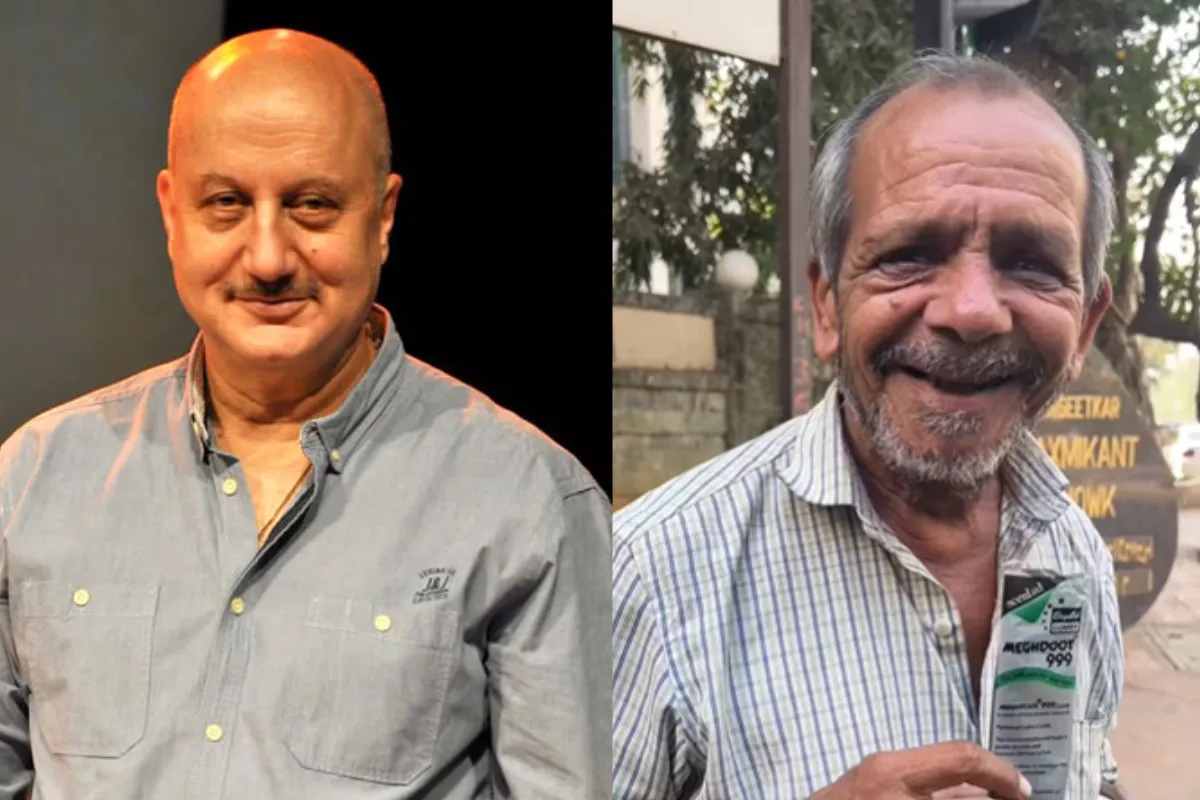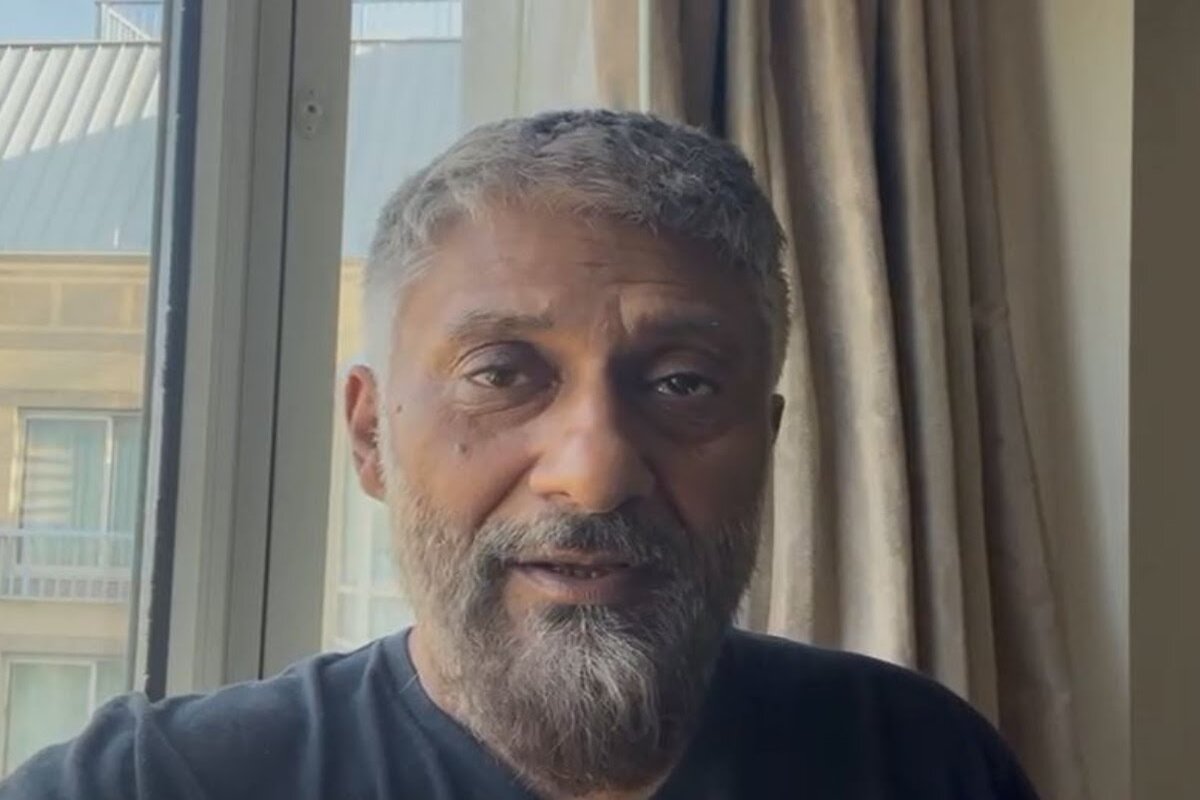Ramakant Chaudhary | New Delhi:
Based on a true tragedy and heart –wrenching stories of the exodus of the Kashmiri Pandits, The Kashmir Files, the emotionally triggering film, sheds light on the plight of Kashmiri Hindus, who were compelled to flee their homes by the Islamic militants in 1990s after a series of socio – political incidents fraught with grime and gore, rendering them refugees in their own country.
With its cinematic brilliance, The Kashmir Files has made a strong pitch that this was not mere a displacement of the Kashmiri Pandits, rather it was a brutal genocide owing to horrifying torture and unspeakable violence that continues to be shrouded in the political darkness. The dialogue: “It Is Not Exodus, But Genocide” itself has filed the unfiled historical facts on the Kashmiri Hindus.
WATCH:
The Kashmir Files makes a conspicuous effort to highlight the untold facts: the separatist sympathizing politicians, the impact of religious extremism, and the media ignoring the harsh reality on the ground. Known as the paradise of not only India but also of the world, Kashmir has been grappling with myriads of issues like cross border terrorism, separatist movements, humanitarian crisis among others.
Culturally glorious past though, Kashmir has now become a disputed territory and a fountainhead of political flashpoints. The innocent people have witnessed lots of bloodshed. In a span of little less than 3 hours, The Kashmir Files rips off the band-aid that had covered the deep wounds of the Valley for long. The movie shows clearly that despite all these subjugations, the Kashmiri Pandits did not pick up arms.
All actors have maneuvered well with characters and flawlessly propelled themselves forward lending voice to the essence of The Kashmir Files: “Broken Souls Don`t Speak, They Must Be Heard” strongly disseminated the essence of The Kashmir Files. The slogan “Ralive, Tsalive Ya Galive…” (convert, leave or die) will be echoing in the mind for a long.
Living in exile for almost 30 years, the Kashmiri Pandits continue to hope for justice, though their sufferings are unfathomable. They were stripped of their ancestral properties and their homes and shops were encroached by the locals. The flick has fairly portrayed all those dark shades of the Valley that have given gruelling impacts on displaced families. Violence inflicted on innocent lives, brutality, massacre, elusive peace, human rights and political agenda, ideologies at conflict make the movie more contemplative.
The movie revolves around Pushkar Nath Pandit and his grandson’s quest to find out about the tragic incident that befell his family. While the first half establishes the background, the second half is about how and why today’s younger generation can and should connect with their past.
The multi-starrer movie has been directed by Vivek Agnihotri. The movie is based on the real-life stories told by the refugee Kashmiri Pandits to Vivek Agnihotri and his wife. The director, along with his wife, claims to have interviewed over 700 victims of the exodus over the course of two years before taking the project forward.
Performances by Anupam Kher, Mithun Chakraborty, and Darshan Kumaar make it an enthralling watch. The film could continue to be a talking point as it has crisscrossed through: Kashmir’s ancient history, mythology, internal politics of JNU (Jawaharlal Nehru University), media likened to terrorist ki rakhail, selective reportage of foreign media, Indian Army and abrogation of Article 370. Rohith Sharma’s music and Swapnil Bandodkar’s lone lyric are outstanding.
Despite all odds and being made on a low budget with minimal marketing and promotions, The Kashmir Files is experiencing phenomenal growth in theatres. The Kashmir Files released in the theatres on March 11. On Day 3, that is Sunday, March 13, the film earned Rs15.10 crore.
(Ramakant Chaudhary is Consulting Editor with Daily News Post. He has worked with The Times of India, Hindustan Times (Mint), Dainik Jagran Group, The Pioneer and The Political and Business Daily. The views expressed are personal.)












